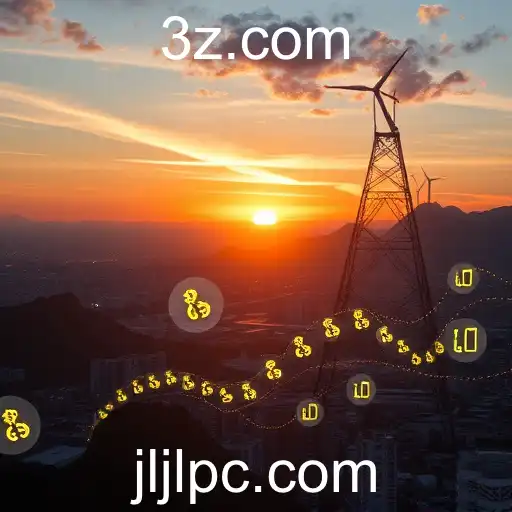
The rapid evolution of technology continues to be a defining force in the global economic landscape. As 2025 progresses, innovations in artificial intelligence, renewable energy, and digital finance are setting new foundations for both economic growth and societal change. These advancements are creating opportunities and challenges on an unprecedented scale, affecting industries and economies worldwide.
Artificial intelligence remains one of the most impactful technological breakthroughs. Companies are increasingly harnessing AI tools to optimize operations, streamline processes, and drive customer engagement. This is leading to substantial improvements in productivity and efficiency. However, the integration of AI systems also sparks debates around job displacement and ethical considerations, prompting governments to explore regulatory frameworks to balance innovation with public interest.
Simultaneously, the transition to renewable energy continues to gain momentum. With climate change a pressing concern, countries are aggressively investing in solar, wind, and other renewable technologies to meet energy needs sustainably. The shift not only promises to reduce carbon footprints but also catalyzes economic diversification, particularly in developing nations seeking less reliance on fossil fuels.
Digital finance is another arena witnessing transformative shifts. The evolution of blockchain technology and increasing acceptance of cryptocurrencies are redefining how financial transactions are conducted. Central banks globally are exploring the introduction of digital currencies to improve transaction efficiencies and broaden financial inclusion. This digital revolution poses regulatory challenges but also offers significant opportunities for innovation and financial growth.
In navigating these technological tides, multilateral cooperation is becoming crucial. International agreements and partnerships are vital in addressing cross-border challenges and ensuring that technological progress aligns with global economic goals. Thought leaders are advocating for inclusive growth policies that harness technology's benefits while minimizing socio-economic disparities.
In summary, 2025 presents a year of significant technological advancement, with the potential to reshape the economic status quo. While the scale of transformation poses challenges, it also opens avenues for sustainable growth and innovation. Stakeholders globally are tasked with steering these changes wisely to ensure a balanced and equitable future.


